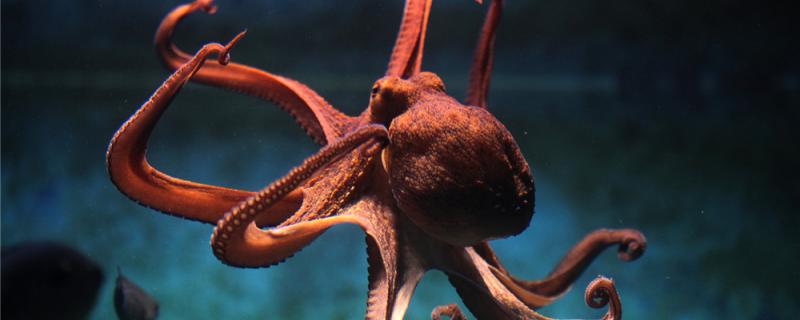 1. Why are octopuses called octopuses
1. Why are octopuses called octopuses There are many sayings about why octopuses are called octopuses. One of the more common sayings is that the word "chapter" of octopuses originates from their suction cups. Because octopus has recessed suction cups on its wrist feet, it looks similar to the pattern. The octopus's "chapter" means pattern and coat of arms, so it is called octopus. Another way of saying it is that the octopus's eight arms and feet are similar to the pictographic characters of "chapter", hence its name. There is also the "chapter" in Jianghu argot, which means eight, and octopus is also called octopus, so chapter and eight have the same meaning.
2. What does an octopus look likeOctopus is a mollusk, which is different from common fish. They have no spine and no fins. Octopus's head is round, and the dividing line between head and body is not obvious. They have big compound eyes and eight wrist feet on their heads. There are two rows of fleshy suckers on each wrist and foot. Usually, they crawl on their arms and feet, and they can hold other objects strongly. The part where the wrist and foot connect with the head is the mouth, and their teeth are sharp, which can directly penetrate the shell and eat the meat in the shell.
Octopus is a mollusk with high IQ. They are very good at camouflage. They can disguise themselves by changing their color and structure. When their prey relaxes their vigilance, they will pounce on it and catch it.